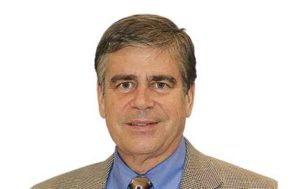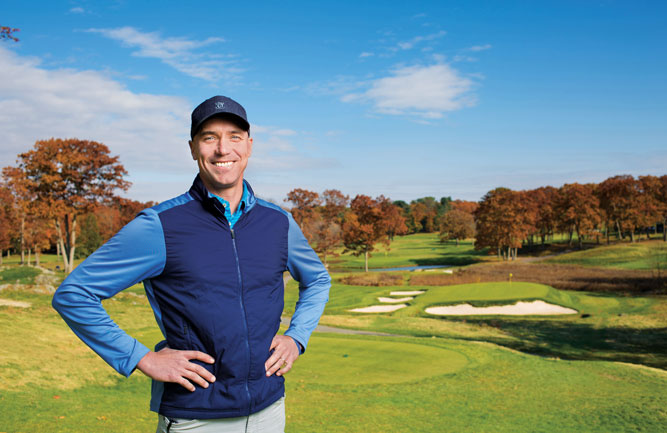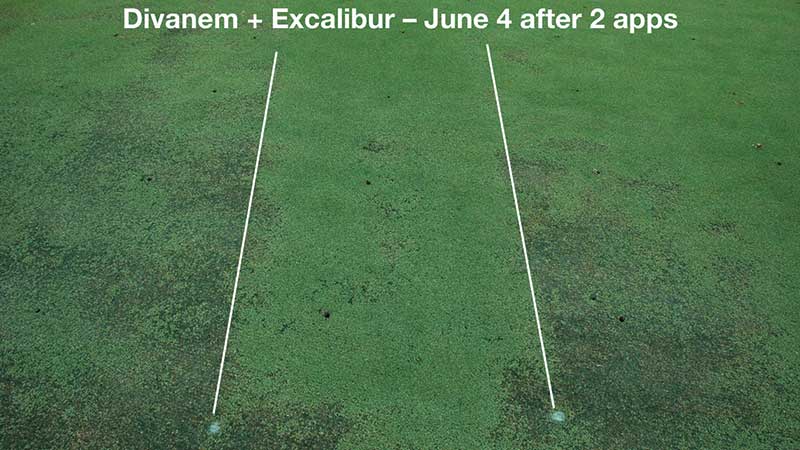Turf MD: Lessons learned from COVID-19

Photo: Karl Danneberger
With the appearance of this column, it has been close to one year since the early days of the COVID-19 pandemic and myself being stricken with the disease. Needless to say, a lot has happened in a year and continues to happen. Most of it is pretty emotional for those who have encountered the coronavirus.
I have given some thought this past year to what I have experienced with the coronavirus and how it might apply to the management and agronomics of turfgrass. Not in any way to correlate hundreds of thousands of deaths with managing turf, but, at some basic level, a living system (whether a person or turf) encounters stresses or diseases that can result in death.
Below are a few moments that I recall that, at the time, I thought were applicable to COVID survival but could be applied to turf. Each moment is briefly summarized and described as the “story,” which is followed by what it meant to me: the “takeaway.”
Story: The day after I came off the ventilator, the intensive care unit nurse asked, “Do you remember anything from the past three weeks?” “No,” I responded. She replied, “Well, maybe that is good given what you went through … and, by the way, you didn’t miss out on anything.”
Takeaway: Initially, I thought she was talking about world events; however, it did not take long to realize that we were not going to dwell on the past but focus on the future and the challenges to be faced. As summer stress periods approach, your focus should be on strategies to manage the challenges.
Story: My wife told me that while I was on the ventilator, the doctors would call multiple times a day to give her updates. Almost all the news was not positive. Once she asked, “Can you tell me something positive?” The doctor’s reply was, “We are learning something new about the virus every day.”
Takeaway: That probably was not the response my wife was expecting, but it does speak to the idea of continual learning even during the most difficult times. Continuing to gain knowledge helps plan or modify a strategy during the most difficult times. During the summer when difficult issues arise, continue to learn and study the problem. If you give up, you may not gain a perspective that comes from continual investigation. Continuing investigation or just plain curiosity can provide a positive reinforcement mechanism that helps provide a sense that you are making progress.
Story: When the nurse came to remove the ventilator from my room, the intensive care unit doctor who was present said, “I think your wife knows more about how a ventilator works than me.”
Takeaway: Do your homework. The doctors who spoke with me mentioned how impressed they were with the questions and knowledge my wife had about my treatments. When explaining an agronomic situation or presenting a budget to your board, golf course owner or crew, a thorough and thoughtful explanation projects a self-confident and knowledgeable individual.
Story: My brother who worked in the medical field in California at the time of my hospitalization asked a few of his colleagues what they thought my chances were. The doctors asked if I smoked, drank frequently and if I was obese. My brother responded “no” to their questions. The doctors said I had a shot.
Takeaway: One’s overall health plays an important role in the severity of COVID-19. On average, 2.6 preconditions like diabetes, influenza, heart disease, respiratory failure, etc., are cited as contributing to the severity of COVID-19. As we approach the summer stress period, the health of the turfgrass plant is critical to reduce or minimize the severity of the stress, whether it’s environmental or biological. In addition, preconditioning or protecting the turf prior to the stress may not eliminate injury but can reduce the severity.










